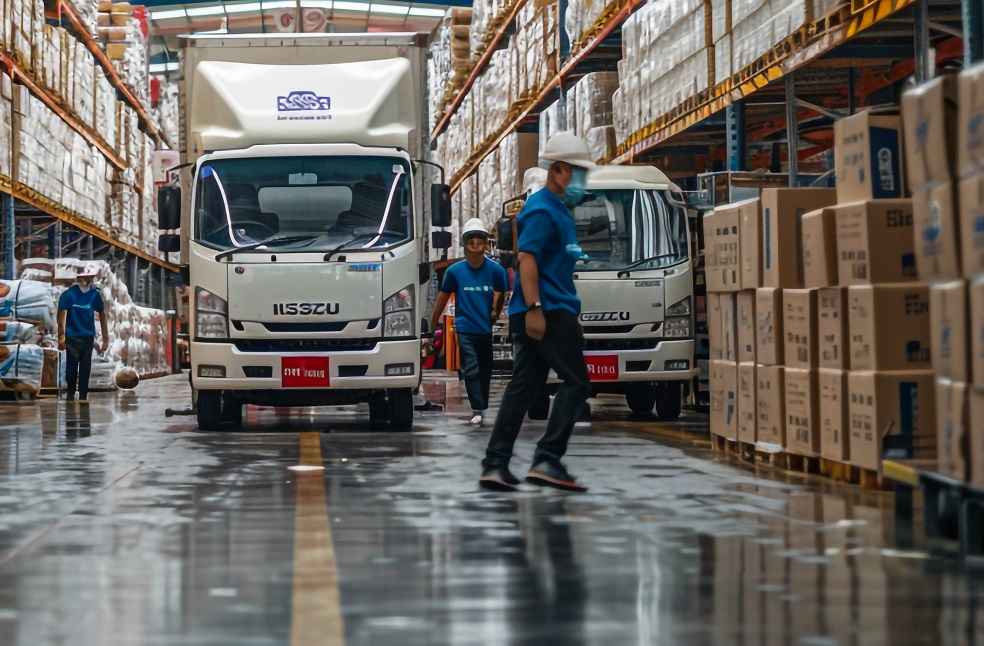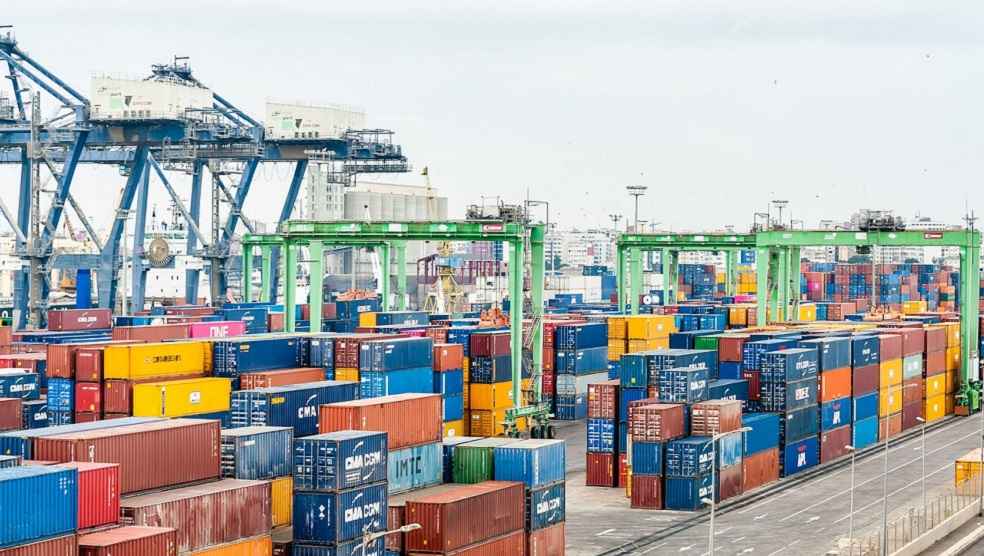Singapore has reaffirmed its interest in partnering with Bangladesh to strengthen its logistics sector and overall trade competitiveness, leveraging its global leadership in modern port management and trade facilitation.
This intent was conveyed during a visit by a 12-member business delegation from Singapore, led by Derek Loh, the non-resident High Commissioner of Singapore to Bangladesh. The delegation met with leaders of the Dhaka Chamber of Commerce and Industry (DCCI) on April 10 to explore avenues for deepening bilateral economic cooperation.
During discussions, Derek Loh underscored the significance of reforming and automating Bangladesh’s revenue sector to improve trade efficiency. He noted that enhanced port management and reduced logistics costs could help lower the cost of doing business, thereby boosting the competitiveness of Bangladeshi enterprises in international markets.

Loh also emphasised the adoption of Environmental, Social, and Governance (ESG) compliance across industries, including the transition to renewable energy sources such as solar power. While acknowledging the initial rise in investment costs, he highlighted that ESG compliance would ultimately strengthen Bangladesh’s position in global trade by aligning with international standards.
Singapore, widely regarded as a global trade hub with advanced port infrastructure, expressed its readiness to share technical expertise with Bangladesh. Loh highlighted Singapore’s interest in investing across multiple sectors in Bangladesh, including port infrastructure, logistics, renewable energy, IT, agriculture, and healthcare.
DCCI President Taskeen Ahmed welcomed Singapore’s proposal, noting the strategic importance of resolving trade-related issues through diplomatic engagement. He also welcomed the recent decision by the United States to suspend additional tariffs for 90 days, calling it a timely development for global trade and investment.

Ahmed acknowledged Singapore’s status as Bangladesh’s second-largest investor, with cumulative investments amounting to approximately $1.78 billion. He noted that bilateral trade reached $2.64 billion in the last fiscal year, reflecting robust economic ties between the two countries.
He also appealed for Singapore’s assistance in developing the skills of small and medium-sized entrepreneurs in Bangladesh to enable greater participation in international trade. Technical support for modernizing the jute and agriculture sectors was also requested.
Reiterating Singapore’s commitment, Loh said that improved port management and logistics infrastructure could play a crucial role in reducing operational costs, making Bangladeshi businesses more competitive globally. He further pointed to the growing potential of investments in renewable energy, emphasising the dual benefit of cost reduction and sustainable development.
POLICY & LAW | EU Approves Retaliatory Tariffs on U.S. Goods from April 15



